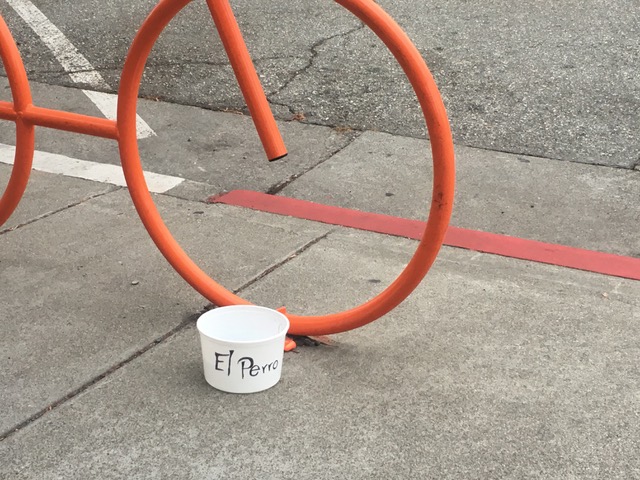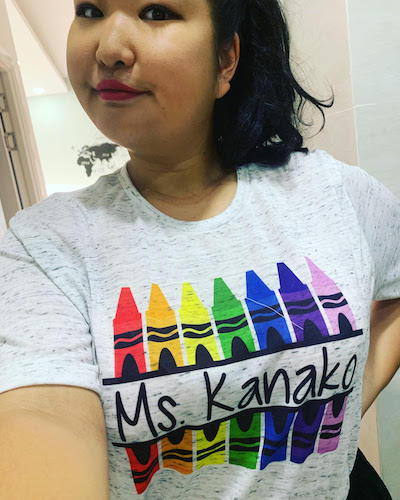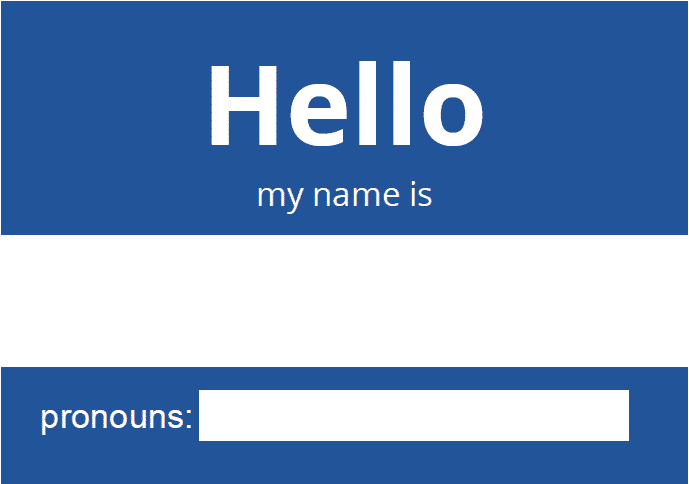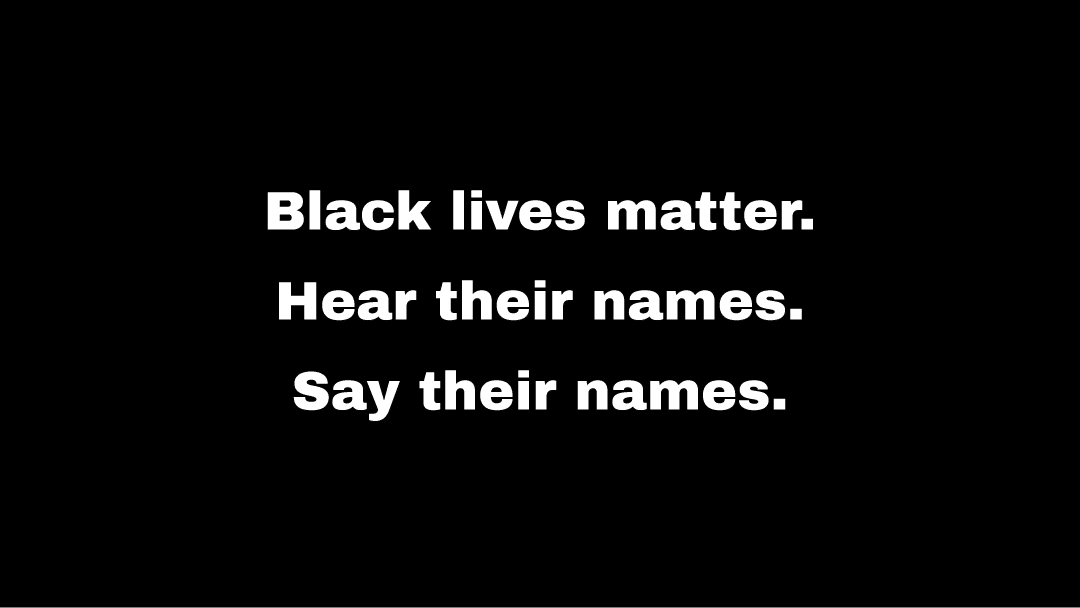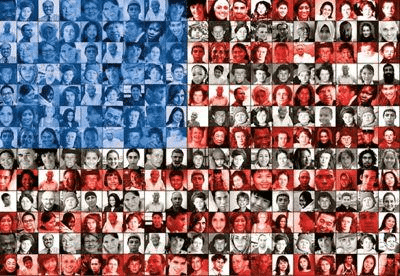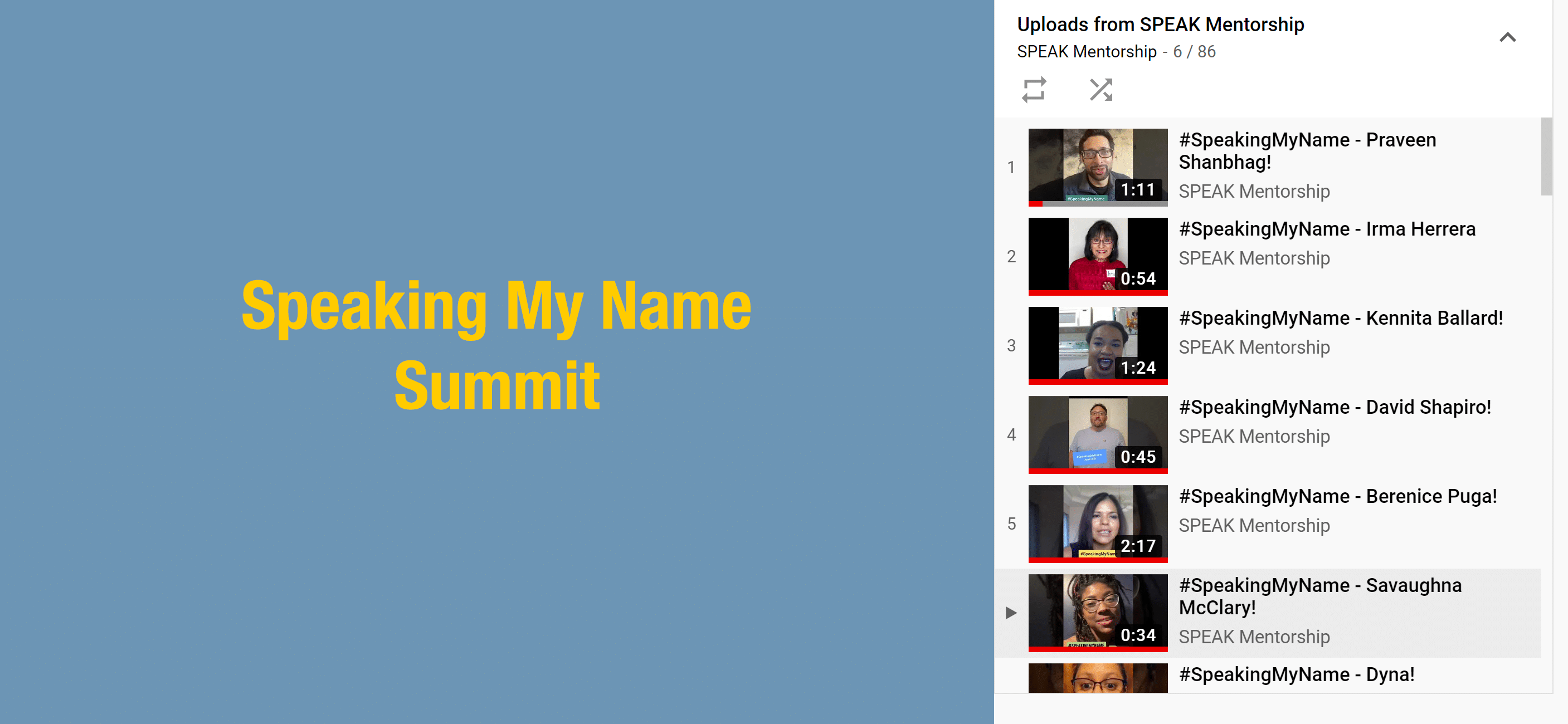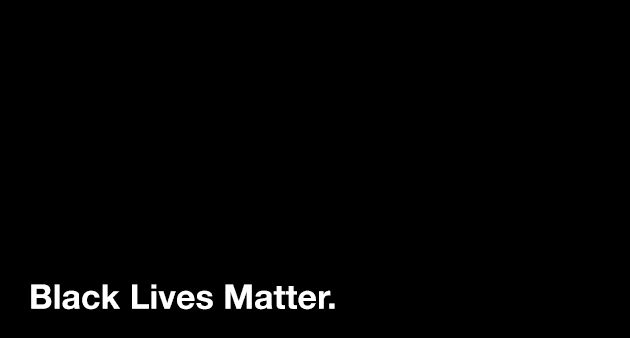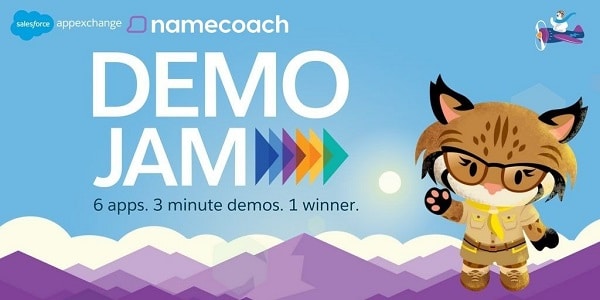NameCoach Guest Blog
By Irma Herrera
El perro. S’il vous plait. Mazel tov. Sayonara. Hoi polloi. Schadenfreude.
The water bowl on the sidewalk with the words “el perro” brings a smile as I think of all those grateful bilingual canines. I grew up speaking English and Spanish, so I’ve always known what perro means.
If you grew up a monolingual English speaker, even if you have never taken a day of Spanish, I’m willing to bet that you know that el perro means dog. According to the U.S. Census Bureau, 60 million Americans speak a language other than English at home. But more than 231 million speak only English at home, and don’t know another language well enough to communicate in it
Many of us know words from other languages, like those I provided in the first sentence. And sometimes these words are so familiar to us that it feels like we’ve known them our whole lives. We learn them up at school, from friends, the news. We read them and hear them in everyday conversations. At first, we may not know what a word means or how to say it, and then our curiosity kicks in, as we try to figure out what it means in context of where we heard or saw it. Perhaps we ask someone, or look up its meaning. Sometimes a friend or colleague will help us get the correct pronunciation. And today with technology we can ask our computer or smart phone how to say a word or what it means.
Which brings me to the topic of what often happens when we meet people with names perceived as “foreign,” “difficult,” or just “different.” In our increasingly diverse and vibrant communities, we meet people with names we’ve not seen or heard before. Or maybe we’ve seen a name, like my own name, but the pronunciation doesn’t jive with what we think that name should be. In my one-woman show, Why Would I Mispronounce My Own Name?, I use my name as the starting point to consider the many ways in which our responses to people’s names can leave people feeling included or excluded.
My play is a mash up of stand-up comedy, political commentary, language and history lesson, and an exploration of how it feels when folks are unwilling to see us for who you really are. And it all starts with our names.
When I was writing my play, I did tons of research about names. And this is where I first encountered Name Coach and efforts by several schools and universities to help teachers to pronounce students’ names correctly. BRAVO. As someone whose name is often mispronounced, I was thrilled with this development. I inevitably mention Name Coach during and after my performances and presentations, and in random conversations because it is such a useful resource.
When people mispronounce a name, most often it’s simply because they don’t know how to say it. So having a digital name card in your email signature or social media accounts or systems used by teachers that allows folks to hear your name with the click of a button is heaven-sent.
It is curious that some people might make great efforts to say foreign words correctly yet feel stumped or resist learning the pronunciation of names they consider “foreign.”
When I’ve told people that the pronunciation of my name starts with an “e” sound, rather that the English UR-ma pronunciation, I’m sometimes told, “oh, I don’t speak Spanish, so I can’t say it.” I would sometimes respond with, “oh my name is French, like in Irma La Douce” (a once famous movie of long ago). People are more receptive to learning the correct way to say a French name. And no one tells Françoise she should call herself Frank-Coy-Se because that’s what her name looks like in English.
Some years back, I was in Copenhagen and learned that the largest and oldest grocery store chain in Denmark is named Irma and pronounced like my name. So sometimes I tell people I’m from Denmark, and when I get that look of incredulity, I confess that I’m not Danish.
Writing and performing my one-woman show, Why Would I Mispronounce My Own Name? brought me two wonderful gifts. One, the knowledge I’ve gained from the research I have done in history, law, psychology, sociology, anthropology, about the history of names, how people feel about their names, laws related to the names parents can give children (varies from country to country), naming customs in other countries. I’ve also learned about the circumstances and situations that lead people to change their names, including those where people have been forced to change their names.
In a powerful scene in Roots, Kunta Kinte is tied to a whipping post following his capture after an escape attempt. All the slaves in the plantation are forced to watch, to learn a harsh lesson.
Overseer: “Your name is Toby, I want to hear you say it (pause). Your name is Toby. You’re going to learn to say your name (pause). Let me hear you say it (pause). What’s your name?”
“Kunta Kinte.”
He is whipped mercilessly until he finally whispers in response to the name question again and again: “Kunta Kinte, my name is Kunta Kinte.”
Although certainly not on par with imposing a name change by physical force as was done during slavery and by colonizing powers in many parts of the world, immigrants (particularly the big waves that came to the East Coast) from Northern, Southern and Eastern Europe often felt pressured to Anglicize their names. Family stories passed down through the generations often reference name changes at Ellis Island. It is an overblown myth. While it may have happened in some instances, name changes typically happened elsewhere: at work, when enrolling children in school, applying for official documents.
Often immigrants themselves opted to change their names. After all they were in a new country, starting new lives, they wanted to reduce the discrimination directed against immigrants, they wanted to fit in. A name change may have helped with all these. More info about this at The Smithsonian Magazine:
https://www.smithsonianmag.com/smithsonian-institution/ask-smithsonian-did-ellis-island-officials-really-change-names-immigrants-180961544/.
The second reward (even more valuable) is the wonderful array of heartfelt stories that people have shared with me about their names.
This story was shared after a performance in San Antonio, Texas.
“On my first day of school, the teacher told me from now my name at school would be John. I was so excited and happy that this Anglo lady had chosen a very special name for me. I went home and shared with my mother that I had a new name. I had thought she would be as happy as I was. Instead she became sad.
Hijo, I named you to honor the memory of my father. He was a very good man, and I loved him very much. I am sorry he did not live long enough to know you. Your father and I named you after your grandfather, your name is Juan, not John.”
This second story came via email. I had sent a friend a link to a KQED Perspectives story by someone who was perturbed by the derisive way in which her name was treated when she was introduced at a public event. Gyng (pronounced like the first four letters of Ginger) had previously told me that only folks who grew up speaking Hungarian, can say her name, Gyöngy, correctly.
“Good story… her first name is Hungarian… but the second is probably Polish or Russian! Even more difficult. My parents named all of us three children with typical Hungarian names so if we got lost in the war (WWII) we could at least find our country!”
I am so touched that these stories are shared with me. I’ve thought of Gyng’s story often when reading of toddlers and young immigrant children forcibly separated from their parents. Some of these children are so young they may not even be able to say their own names. But that’s the subject of a whole other blog, should you care to read it.
https://www.irmaherrera.com/single-post/2018/06/24/Inconsolable
My plan is to someday publish a companion book with these amazing stories that speak so profoundly to the importance of our names: to us, our families, and our communities.
During the run of my one-woman show at The Marsh Theater in San Francisco, I have invited many folks to join me onstage for a conversation following the hour-long show. Praveen Shanbhag, founder of Name Coach, will be my Talkback Guest on Saturday, October 27 following the 5 pm show. I’m very eager to hear about his experience developing Name Coach and what he’s learned from his institutional clients and everyday folks who use the product. I hope you’ll come to see us.

